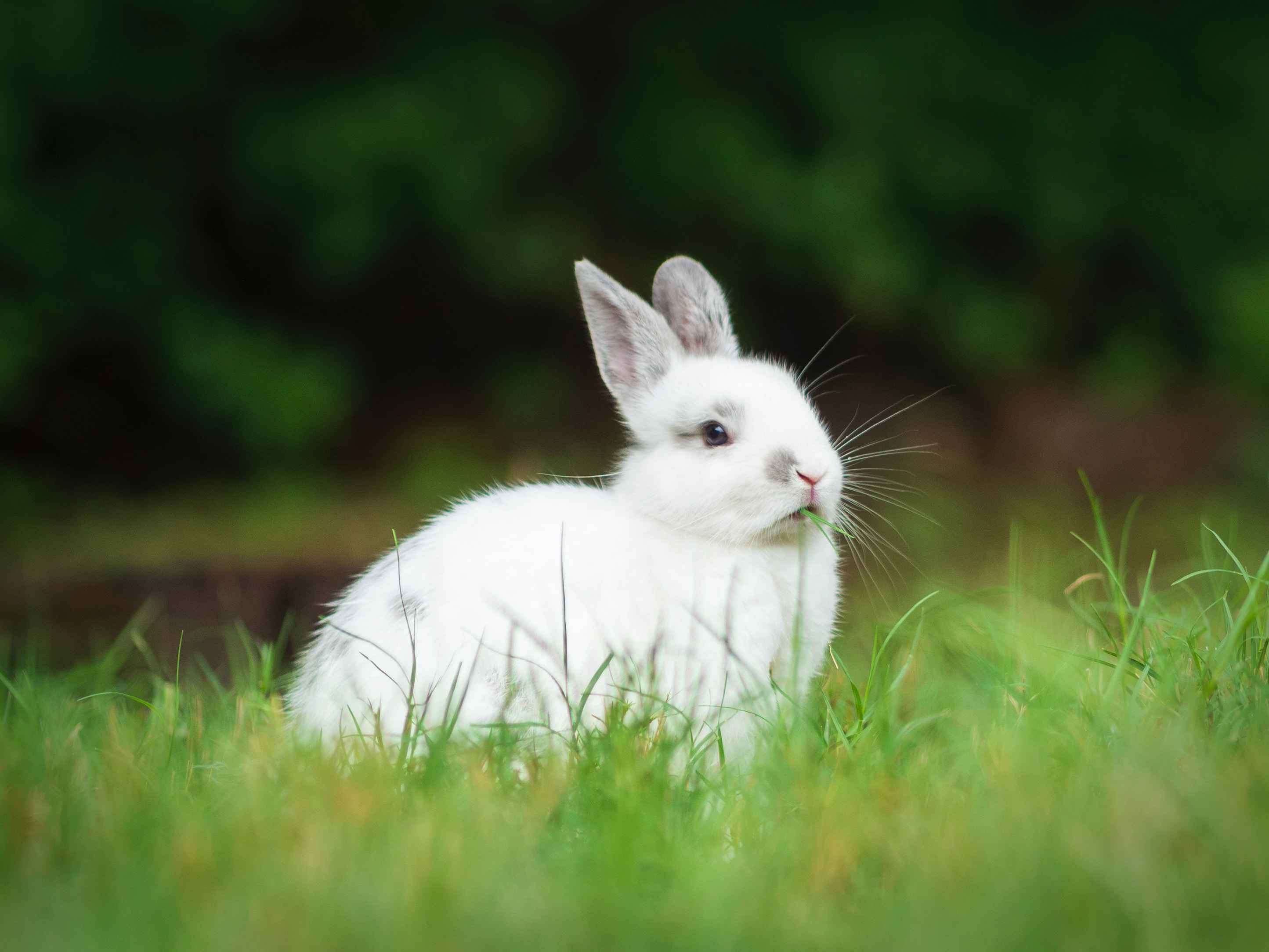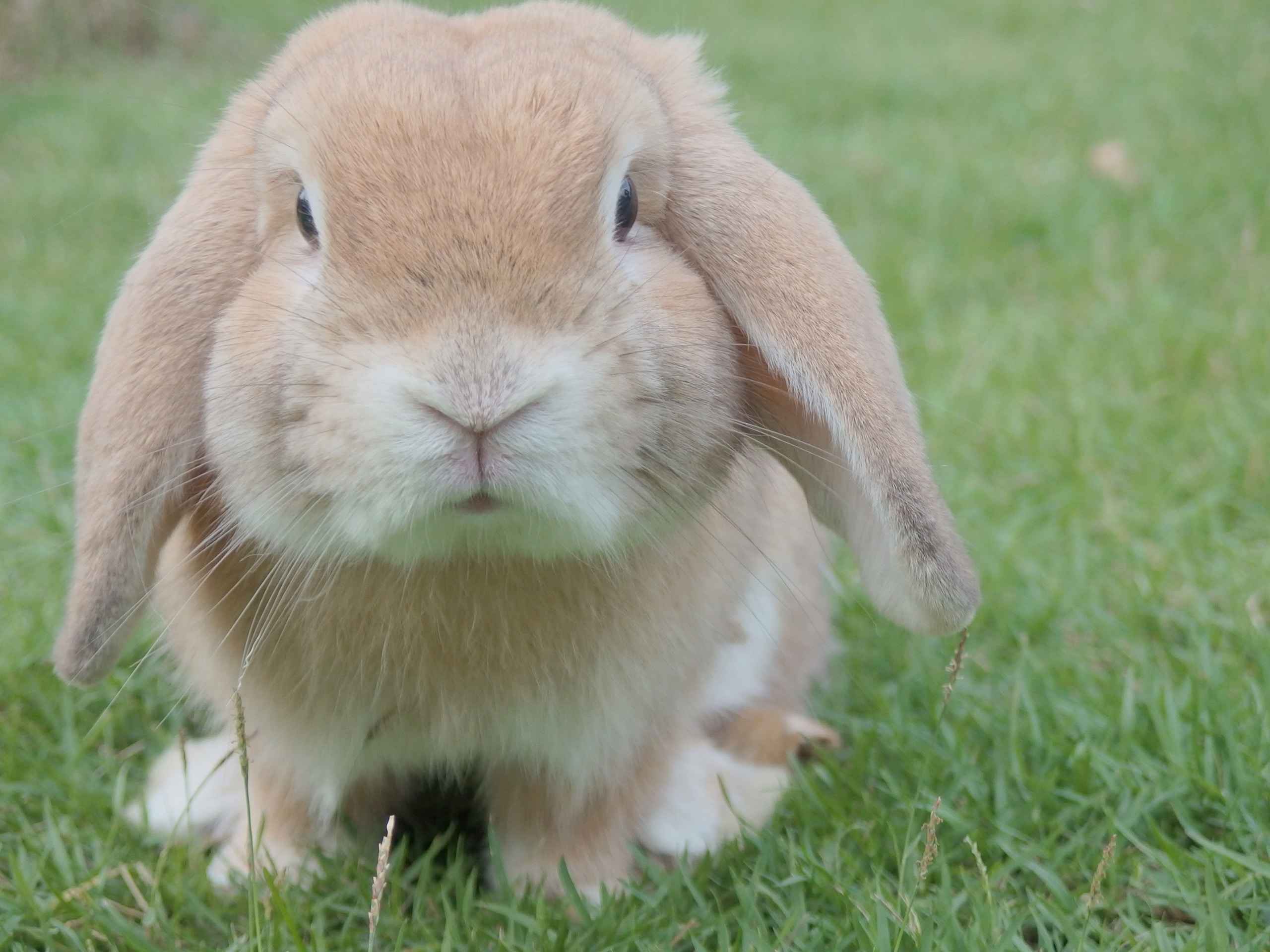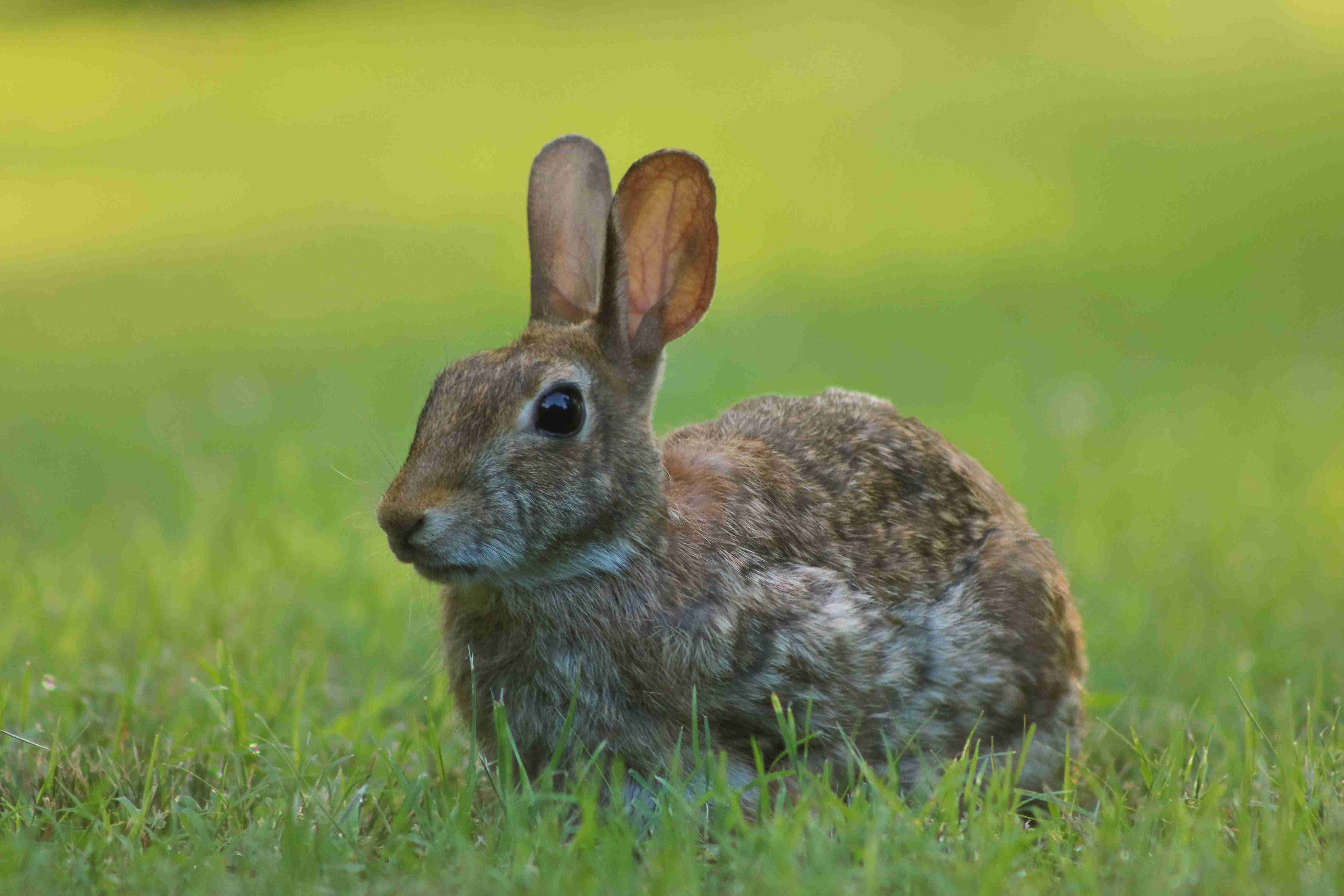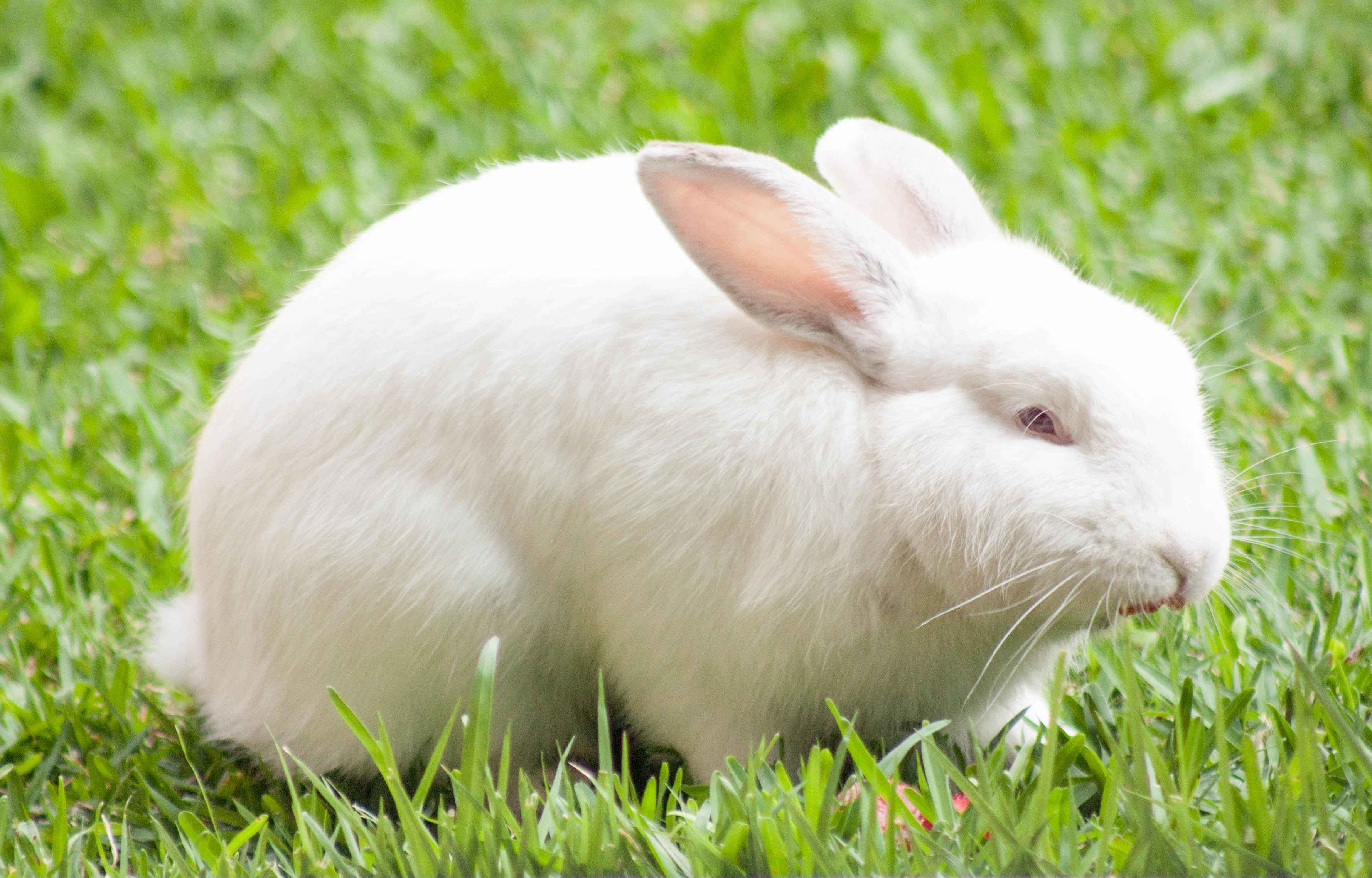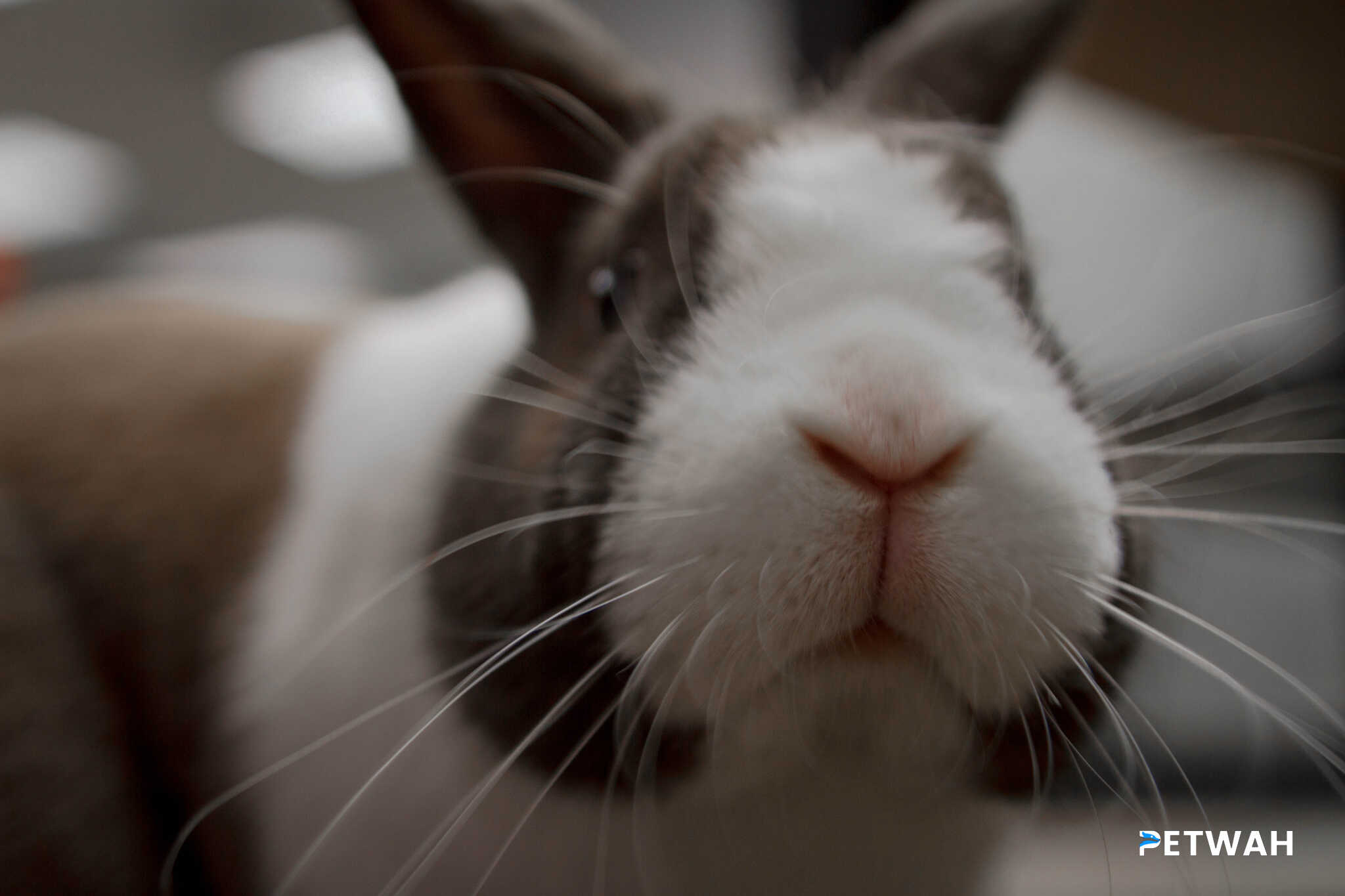As a rabbit owner, it’s essential to understand and recognize the signs of stress in your pet. Unfortunately, rabbits are experts at hiding their discomfort, which often makes it challenging to tell when something is wrong. But don’t worry, our guide will help you identify the signs of rabbit stress and give you tips on how to address them. Whether it’s changes in their behavior, appetite, or physical appearance, paying attention to these signs can help you keep your furry friend happy and healthy. So, let’s dive in and learn how to read the subtle cues that your rabbit may be trying to communicate.
Rabbits are beloved pets because of their adorable appearance, gentle nature and playful demeanor. They are low maintenance animals that require minimal attention and can be trained easily. However, rabbits are delicate creatures that can easily get stressed and it’s not always easy to recognize the signs of stress in them. In this article, we will discuss the common signs of rabbit stress and how to address them.
1. Loss of Appetite: One of the most common signs of stress in rabbits is a loss of appetite. If your rabbit is not eating their usual food or is skipping meals, it could be a sign of stress. This could be due to a change in their environment, diet or routine. Ensure your rabbit has access to fresh hay and water, their favorite treats and a comfortable and familiar environment.
2. Lethargy: If your rabbit seems to be less active than usual, it could be a sign of stress. They may spend more time sleeping or sitting in one spot instead of hopping around and playing. Lethargy can be caused by a variety of factors including changes in their environment, illness, or pain. Observe your rabbit closely and seek veterinary attention if the lethargy persists.
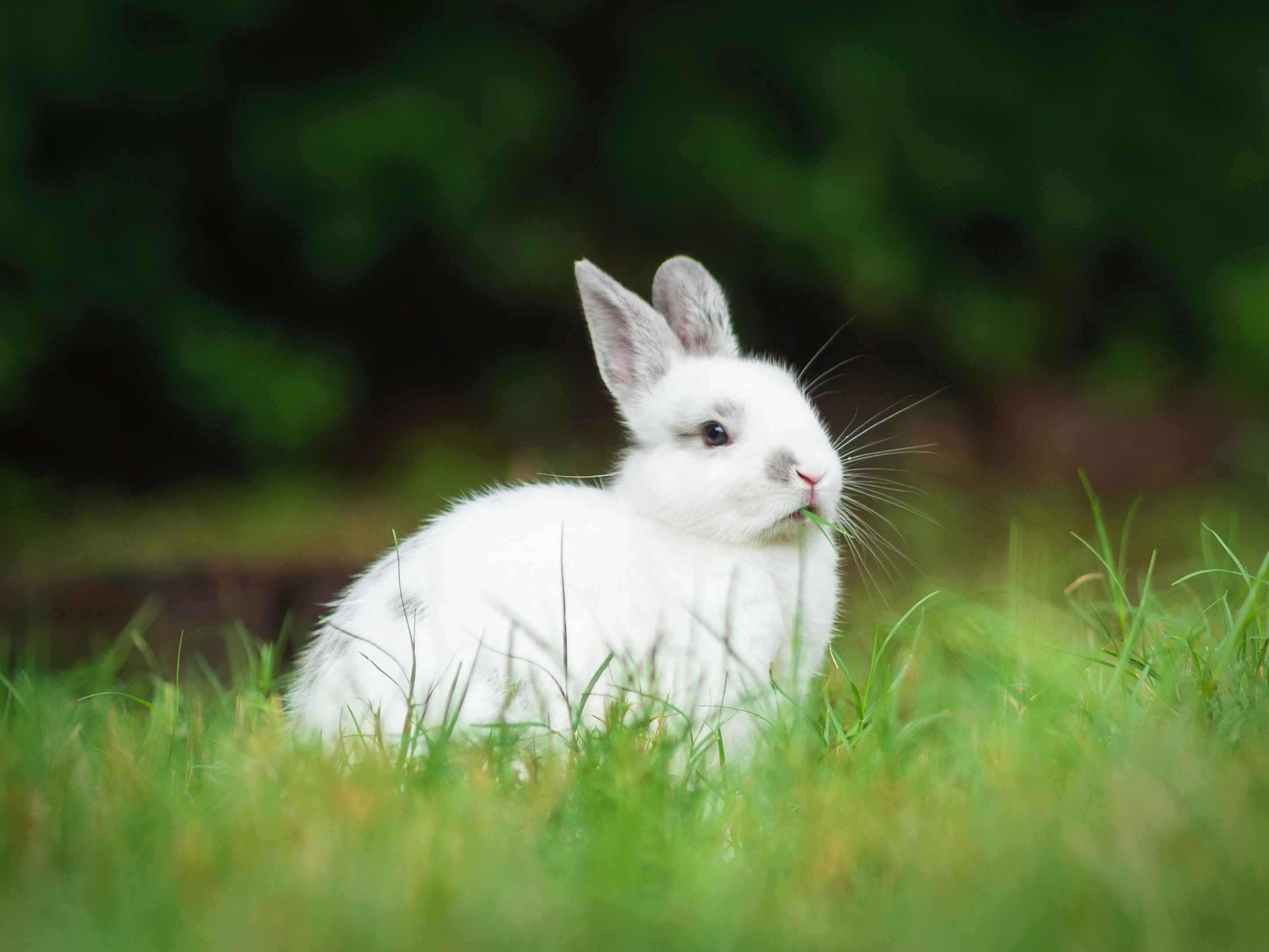
3. Aggression: Rabbits can become aggressive when they are stressed or frightened. They may growl, hiss, or bite when approached or handled. Aggression can be caused by a lack of socialization, feeling threatened, or pain. If your rabbit is acting aggressively, give them some space and try to identify the cause of their stress. Consult a veterinarian or an animal behaviorist for assistance.
4. Hiding: Rabbits are prey animals and will instinctively hide when they feel threatened or stressed. If your rabbit is hiding more than usual or is spending time in their litter box, it could be a sign of stress. Ensure your rabbit has a safe and secure hiding spot where they can retreat to when they feel anxious.
5. Grooming: Rabbits are fastidious animals and will groom themselves regularly. However, excessive grooming can be a sign of stress. They may pull out their fur or overgroom certain areas of their body. This can be due to boredom, anxiety, or pain. Ensure your rabbit has plenty of toys and stimulation and consult a veterinarian if the overgrooming persists.
Overall, it’s important to recognize the signs of stress in rabbits and take steps to address them. Ensure your rabbit has a comfortable, familiar and safe environment, a healthy diet, and plenty of stimulation. If you notice any signs of stress in your rabbit, consult a veterinarian or an animal behaviorist for assistance. With proper care and attention, your rabbit can live a long and happy life.
In conclusion, recognizing the signs of stress in rabbits is essential for maintaining their health and well-being. As rabbit owners, it is our responsibility to provide our furry friends with a safe and comfortable environment, a balanced diet, and plenty of love and attention. By taking the time to understand what causes stress in rabbits and how to prevent it, we can ensure that our pets live happy, healthy lives. Remember that if you suspect your rabbit is stressed, consult with a veterinarian or animal behaviorist. With patience, care, and attention, you can help your rabbit live a long, happy, and stress-free life.


